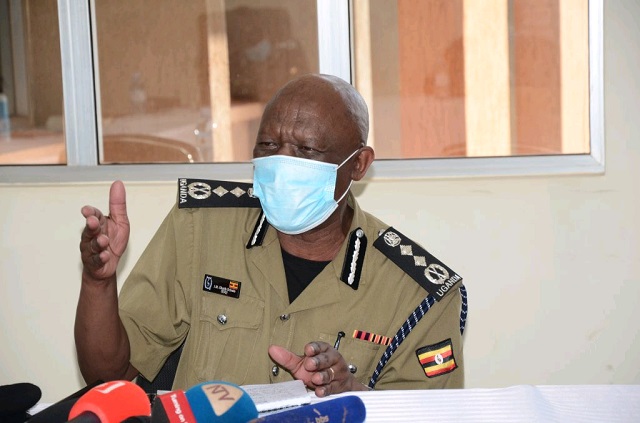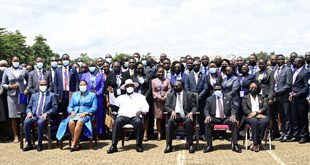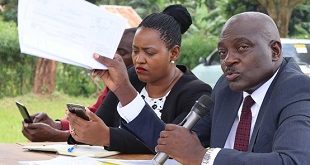
Kampala, Uganda | THE INDEPENDENT | Schools that are illegally occupying police land have until July 24 to vacate or face forceful eviction. This is based on instructions by the Inspector General of Police Martin Okoth Ochola for the eviction of all illegal settlements on police land, to pave way for a fully-fledged education infrastructure by the police force.
The order will affect ten private primary and nursery schools with more than 5,000 learners in different parts of the country. The schools include Kito Pioneer Primary School in Ntinda, Testimonies Nursery School in Kireka, St Ponsiano Ngondwe Nursery School in Makindye, Elgon Infant School in Kireka and Nsambya Police Barracks Nursery and Primary School.
The others are Usaamah Primary School in Nsambya, Humble Nursery and Primary School in Ntinda, Mother Care Preparatory Primary School in Kasese, Hoima Police Nursery and Primary School, and Isunga Police Nursery and Primary School in Kagadi.
Evas Bwesigye, the Head of the Police Education Department says that the eviction was delayed to give schools ample time to plan the transfer without affecting learners who had just reported back to complete the academic calendar as laid out by the Ministry of Education. Schools are expected to close on July 24, 2021.
But she adds that five of the ten schools that are affected by the move have applied for a mutual understanding as advised by the police chief of joint staff AIGP Jack Bakasumba, to allow them an opportunity to justify why they should be left to continue occupying police land.
Bwesigye explains that the existence of illegal squatters on police land has delayed a long-standing plan for the construction of education infrastructure for the police force because most of the land earmarked for the infrastructure was encumbered, and no activity could take place until the force secured the land from illegal settlers.
According to Bwesigye, the schools started as babysitting zones and due to an increase in the barracks population and demand for education, some police officers started constructing infrastructure to accommodate them. However, private individuals later took advantage and settled on the same land.
The other 11 government police schools in Kampala area are under the supervision of Kampala Capital City Authority-KCCA.
*****
URN
 The Independent Uganda: You get the Truth we Pay the Price
The Independent Uganda: You get the Truth we Pay the Price


